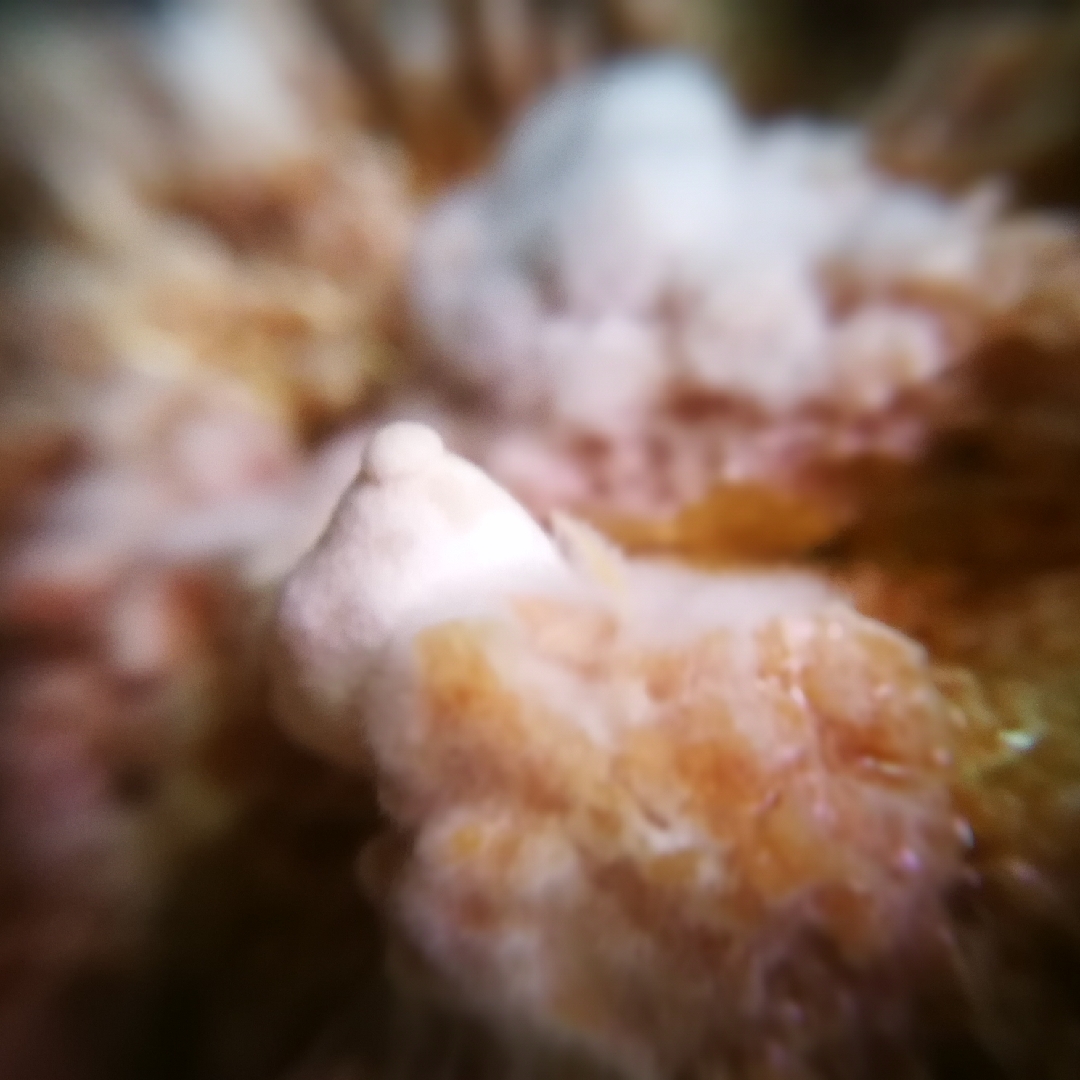
Pleurotus eryngii
King Oyster Mushroom
A mushroom is the edible fruiting body of a fungus. . The edible part consists of a cap, gills and stem, and some grow above ground, some below ground. Care should be taken with identification, as some mushrooms are toxic. Care should be taken with identification, as some mushrooms are toxic. Oyster mushrooms can be grown in wood or straw. 'King Oyster Mushroom is the largest of the oyster mushroom genus, Pleurotus. It has a thick, meaty white stem and a small light brown cap (in young specimens). Other species of Pleurotus are primarily wood-decay fungi, but the King Oyster Mushroom is also a weak parasite on the roots of herbaceous plants.They can, also, be grown in wood or straw, as other oyster mushrooms
Contributed by @wesleybrian
-
Full sun to partial shade
-
Occasional watering
-
Not Frost hardy
-
Moist and fertile
Common name
King Oyster Mushroom
Latin name
Pleurotus eryngii
type
Fungus
family
Pleurotaceae
ph
6.3 - 8.0 Acid - Neutral
Plant & bloom calendar
-
Best time to plant
-
When to harvest
full grown dimensions
 0.15 M
0.10 M
0.15 M
0.10 M
Pleurotus eryngii
A mushroom is the edible fruiting body of a fungus. . The edible part consists of a cap, gills and stem, and some grow above ground, some below ground. Care should be taken with identification, as some mushrooms are toxic. Care should be taken with identification, as some mushrooms are toxic. Oyster mushrooms can be grown in wood or straw. 'King Oyster Mushroom is the largest of the oyster mushroom genus, Pleurotus. It has a thick, meaty white stem and a small light brown cap (in young specimens). Other species of Pleurotus are primarily wood-decay fungi, but the King Oyster Mushroom is also a weak parasite on the roots of herbaceous plants.They can, also, be grown in wood or straw, as other oyster mushrooms
Propagating by spores outdoors
From Mid Spring TO Early Autumn
Oyster Mushrooms can be grown outdoors from Spring to Autumn. They are grown in dowels, placed in logs,10-15 cms in diameter, made from hard wood (oak, birch, beech etc.) which need to be cut when the tree is dormant, and holes drilled to take the dowels. A 50 cm log will support 15-20 dowels. (For how to plant the dowels, see "Planting" event)
Planting dowels
From Early Spring TO Late Winter
To plant the dowels containing the mushroom mycelium (spawn), drill holes 6" apart down the length of the log, in rows 3" apart, and push the dowels into the holes until they are flush with the log. Seal with wax - and seal any cut branch ends or damaged areas in the bark, but NOT the log ends. Put the logs in a shady, wooded place, or under evergreen shrubs. If the log shows signs of cracking, soak it in water for a day or two, to wet the bark. Colonisation may take from 6 to 18 months











